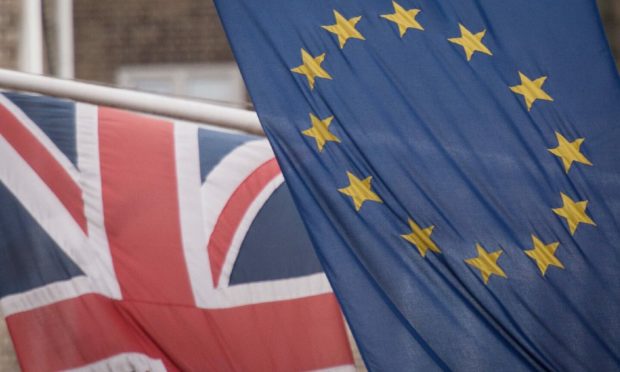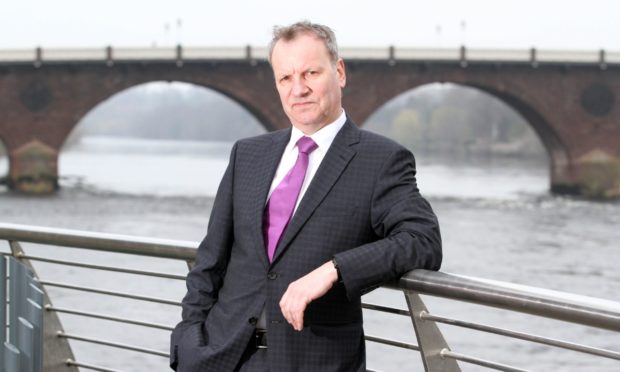How much money Scotland will receive as a replacement to EU funding which helped develop Highland Wildlife Park, archaeological digs on Ardnamurchan peninsula and supported local universities in leading research is still to be determined, MPs have warned.
The cross-party Scottish Affairs Committee is calling for an immediate consultation from the UK Government, as well as figures on how much funding will be made available from the UK Shared Prosperity Fund.
It warned uncertainty over the operation of the fund – which will run from 2022 – was “hindering planning efforts and poses risks to a smooth transition”.
For more than 40 years Scotland has been given money from the European Union, via both the European Regional Development Fund and the European Social Fund.
Projects including the support of wildlife reserves, funding for economic advancement in the Highlands and Islands, energy efficiency works in Aberdeen, whisky industry and agricultural projects has been awarded from the pots.
Scottish Universities have also benefitted over the years, with the committee hearing evidence EU research grants were 14% higher than those received by institutions in the rest of the UK.
The committee has called for the UK Prosperity Fund to prioritise money and grants for academic research, to make sure universities and research labs are not left short in the transition period between the two.
Little information on how fund will work
For the period 2014 to 2020, projects across Scotland were allocated £780 million – with the UK Government having committed to matching the funding the country would have received, had it still been in the EU.
But while it pledged in 2018 to hold a consultation on the design of the UKSPF, MPs on the Scottish Affairs Committee noted that “no formal consultation has yet been held by the UK Government”.
Scottish Affairs Committee Chair, SNP MP Pete Wishart, said: “It is no secret that Scotland benefited significantly from EU funds and led to many communities and universities to prosper.
“While we have been assured that UK replacement funds will match or exceed EU funds, we are yet to see any evidence of this. Nor have we been able to access information on the design of the UK Shared Prosperity Fund or how locations will be selected to receive grants.
“It is bewildering that there seems to have been no formal consultation and time is fast running out before the UK Shared Prosperity Fund begins next year.
“Our Committee urges the UK Government to consult urgently and to provide clarity on funding for what could be a vital lifeline for businesses, universities and communities across Scotland.”
More money promised
A UK Government spokeswoman said: “Our UK Shared Prosperity Fund will invest in people, communities and local business right across the country to level up and create opportunity where it is needed most.
“We have been engaging with a wide range of key stakeholders in Scotland and across all parts of the UK since 2016, and this has helped identify the opportunities for UKSPF policy, learning lessons from EU funding.
“We will increase UK-wide domestic funding to at least match what the EU currently offers – reaching around £1.5 billion a year.”

